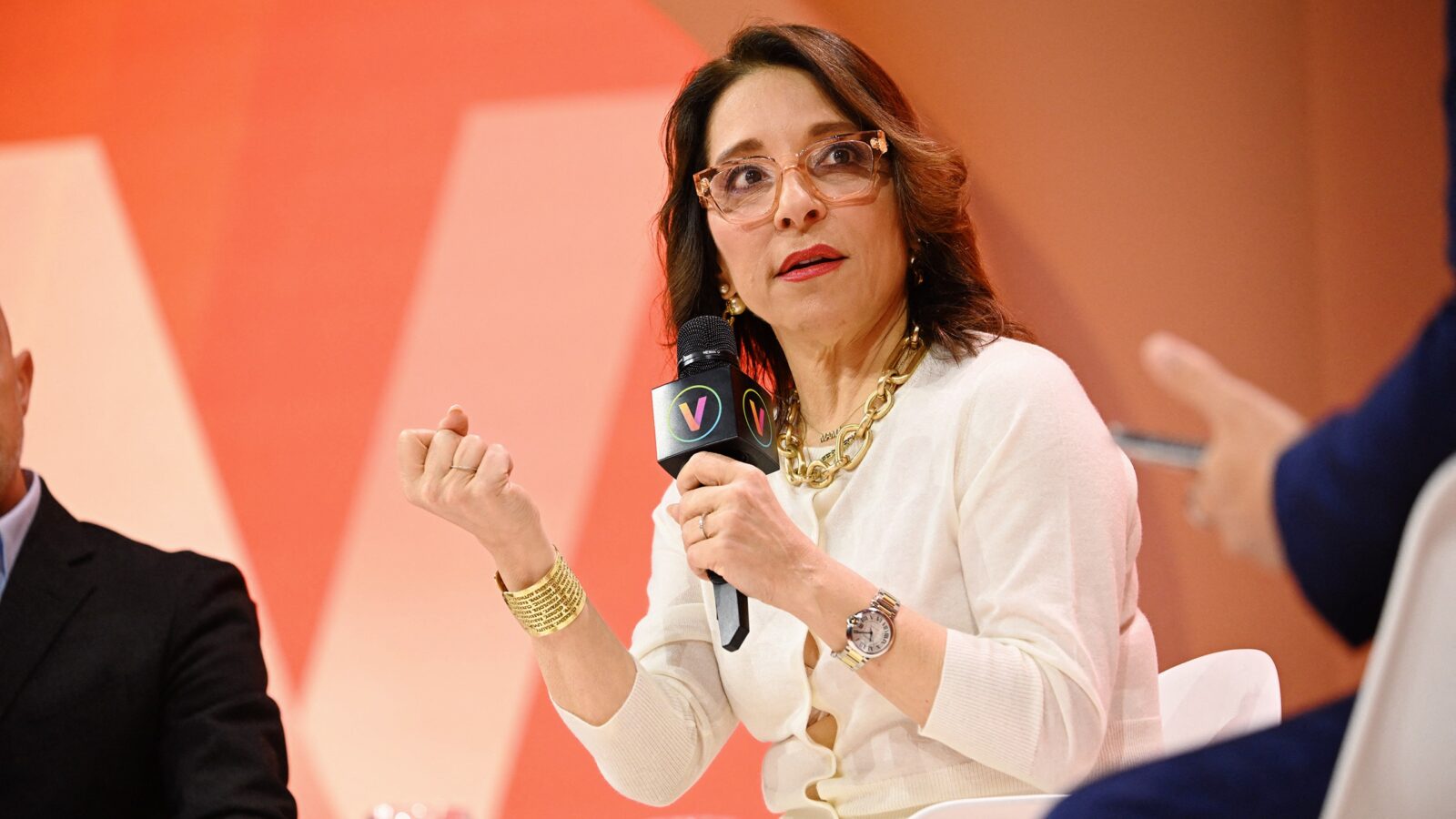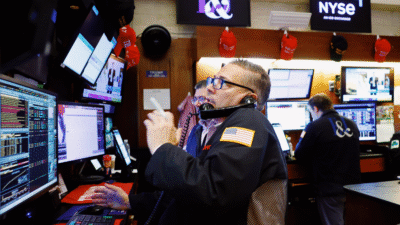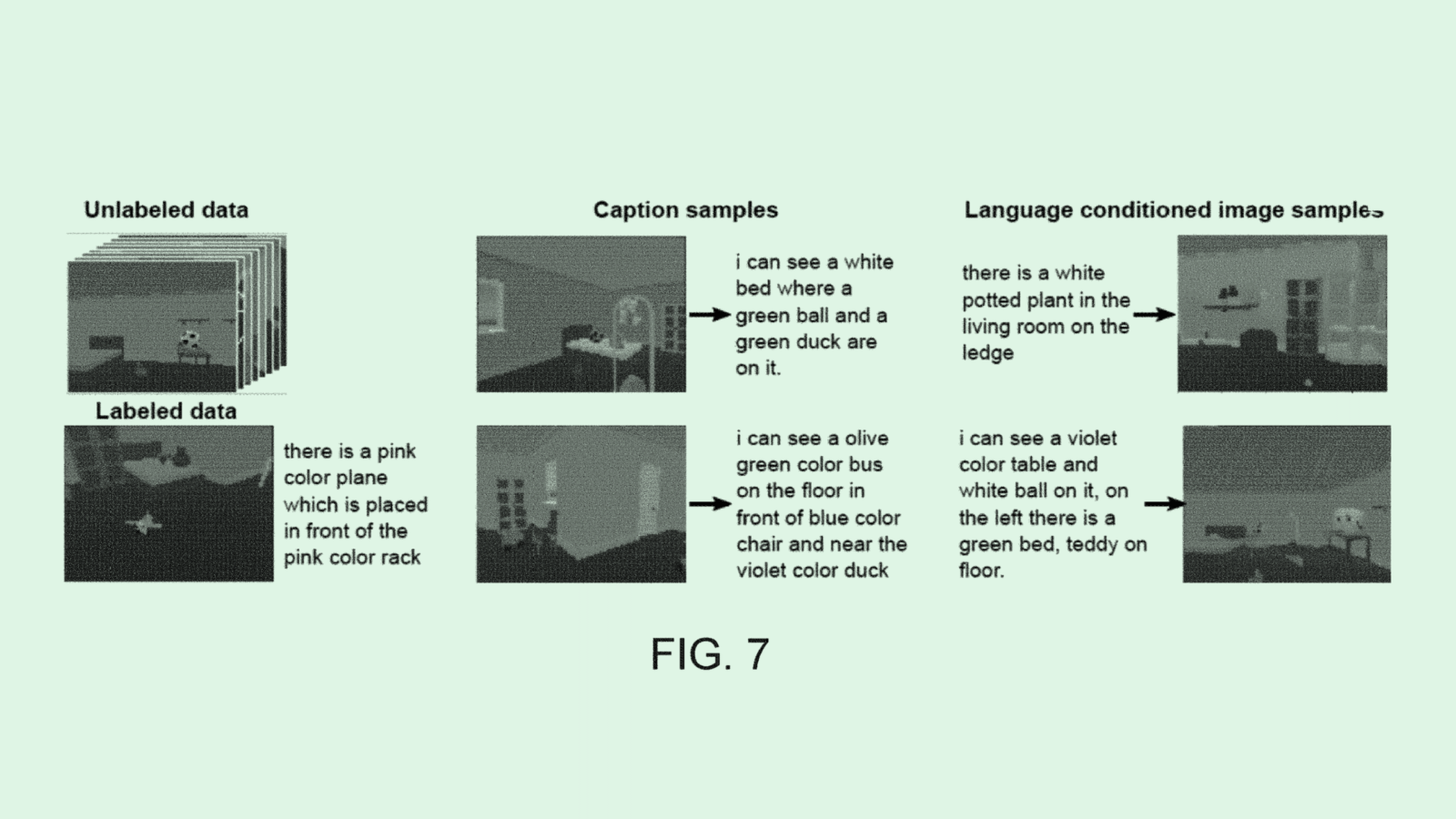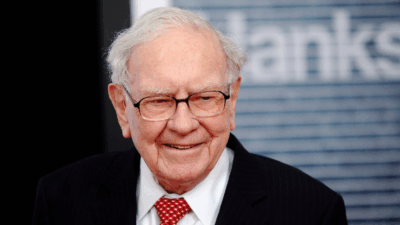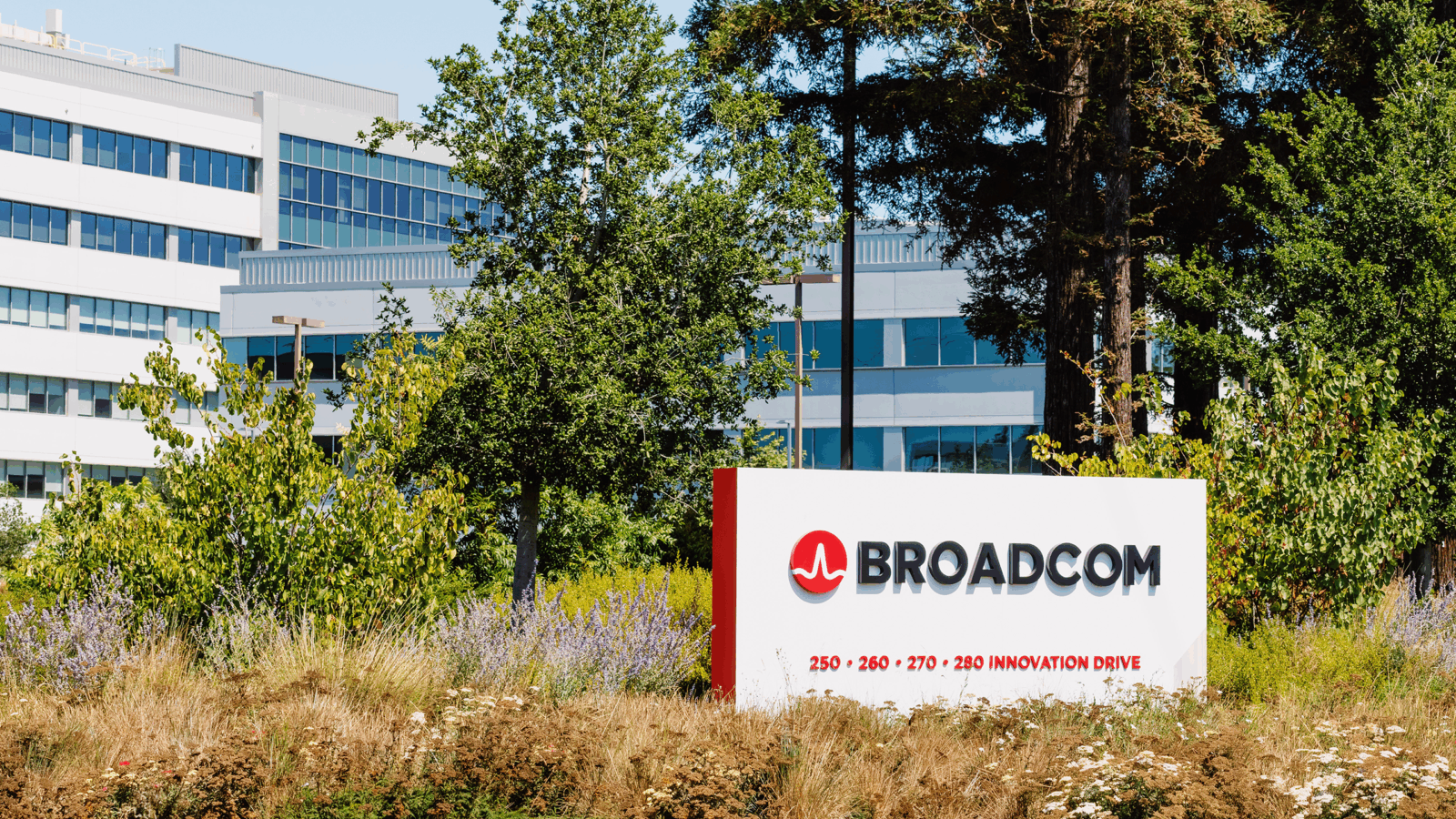
Sign up for smart news, insights, and analysis on the biggest financial stories of the day.
If you were searching for your town’s fireworks show last weekend (or for the best local deal on White Claws), querying Twitter or Facebook might have left you searching.
Turning to community-focused social network Nextdoor would have been a better move. The platform that claims a presence in 1 of 3 U.S. households is planning its public markets debut via a merger with a special purpose acquisition company, giving the business an implied valuation of $4.3 billion.
Locally Social
Founded in 2011, Nextdoor instantly differentiated itself from the social media heavyweights with its hyper-local focus — creating an online space for neighbors to discuss local happenings, review area businesses, and buy and sell their stuff.
Now, Nextdoor plans to tackle one specific neighborhood: the financial district. The company will merge with a SPAC launched by venture capital outfit Khosla Ventures, raising $686 million in gross proceeds:
- Nextdoor was valued at $2.2 billion in its last fundraising round in September 2019 and has already scooped up $393 million in venture capital, according to Crunchbase data.
- The platform’s community of 60 million verified users pulled in revenues of $123 million in 2020, almost entirely thanks to advertising. That’s up 49% from the year before.
And CEO Sarah Friar says daily active users jumped 50% in 2020. Still, Nextdoor remains in the red with net losses of $75 million last year, expecting another $103 million of losses for 2021.
Neighborly Competition
Courting top-tier advertisers, who have largely taken their business to Facebook, Google, and to a lesser extent, Twitter and TikTok could be a crucial step on Nextdoor’s path to profitability.
While Facebook is taking a stab at going local with its May launch of Facebook Neighborhoods, Friar emphasized the sweat involved in building Nextdoor, saying, “There’s a reason why it’s taken us a decade to get to the scale that we’re at.”
Not Content Yet: Drawing advertisers could come down to how Nextdoor handles content moderation, which Friar admitted the platform was “not perfect” at.
